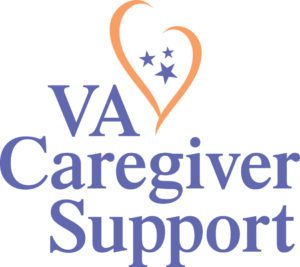Don't ask yourself what the world needs. Ask yourself what makes you come alive, and go do that, because what the world needs is people who have come alive. - Howard Thurman
Tell us about you! Think back to before you became a caregiver – what did your day-to-day life look like? For spouses, partners, friends – how did you meet your care recipient?
I am an artivist – artistic activist, visual artist, curator, and cultural worker. I create art and host experiences for the purpose of bringing social change. Before becoming a caregiver for my father, my social life involved dinner parties, service projects with my sorority, going to art galleries, and movie nights with friends, dates, and long walks with my dog Brixton Optimus Prime Manchester. My work life revolved around the artistic community – working in my studio, cocktail parties, and late-night, underground music sets. I traveled around the world to do photographic research, lecture, and expand my world view. Photography was my first artistic love, encouraged by my father who gave me a camera when I was 11 years old. Years ago, I created a book of family photographs I shot over the last four decades. My father never remembers seeing it, so I get the blessing of watching him experience the joy of viewing the book for the first time over and over. I recognize how therapeutic art forms like photography and music are for my father as his Alzheimer’s and dementia progress.
How did your life change when you became a caregiver? Were there aspects of your life (such as school or career or plans for retirement) that you had to alter?
My father, an Air Force veteran in remission from prostate cancer stemming from exposure to chemicals while stationed overseas was diagnosed in 2012 with Alzheimer’s/dementia. His deteriorating condition, and my mother’s chronic health issues, compelled me to be actively involved in the management of both my parents’ lives. I have also been a key manager of my sister’s health issues so I had to put my life on hold to care for my family, including pursuing my doctorate. I became a full-time caregiver for my father and moved him into my home when my mother had a stroke in 2022. My mother has passed since then, and between caregiving and grief, I feel the toll physically, mentally, emotionally, and financially. Still, I’m an optimist, and I hope to leverage my extensive caregiving experience and artistic perspective to bring attention to the needs of caregivers in my role as a fellow.
What are your biggest challenges as a caregiver?
Managing my father’s care and navigating the tangled web of the medical establishment is one of the most confounding, confusing, and infuriating experiences I have ever had. I would love to have more time for socializing, but it’s difficult as I’m unable to devote blocks of time to things I enjoy. Once my father’s home health aide leaves, his care is all on me. I love my father deeply and am honored to care for him, but my own social needs are the price I pay for that blessing. Fortunately, I have a strong network of friends with whom I stay in touch through phone calls and virtual movie nights. Some of them are also caregivers, and we lean on each other when needed.










